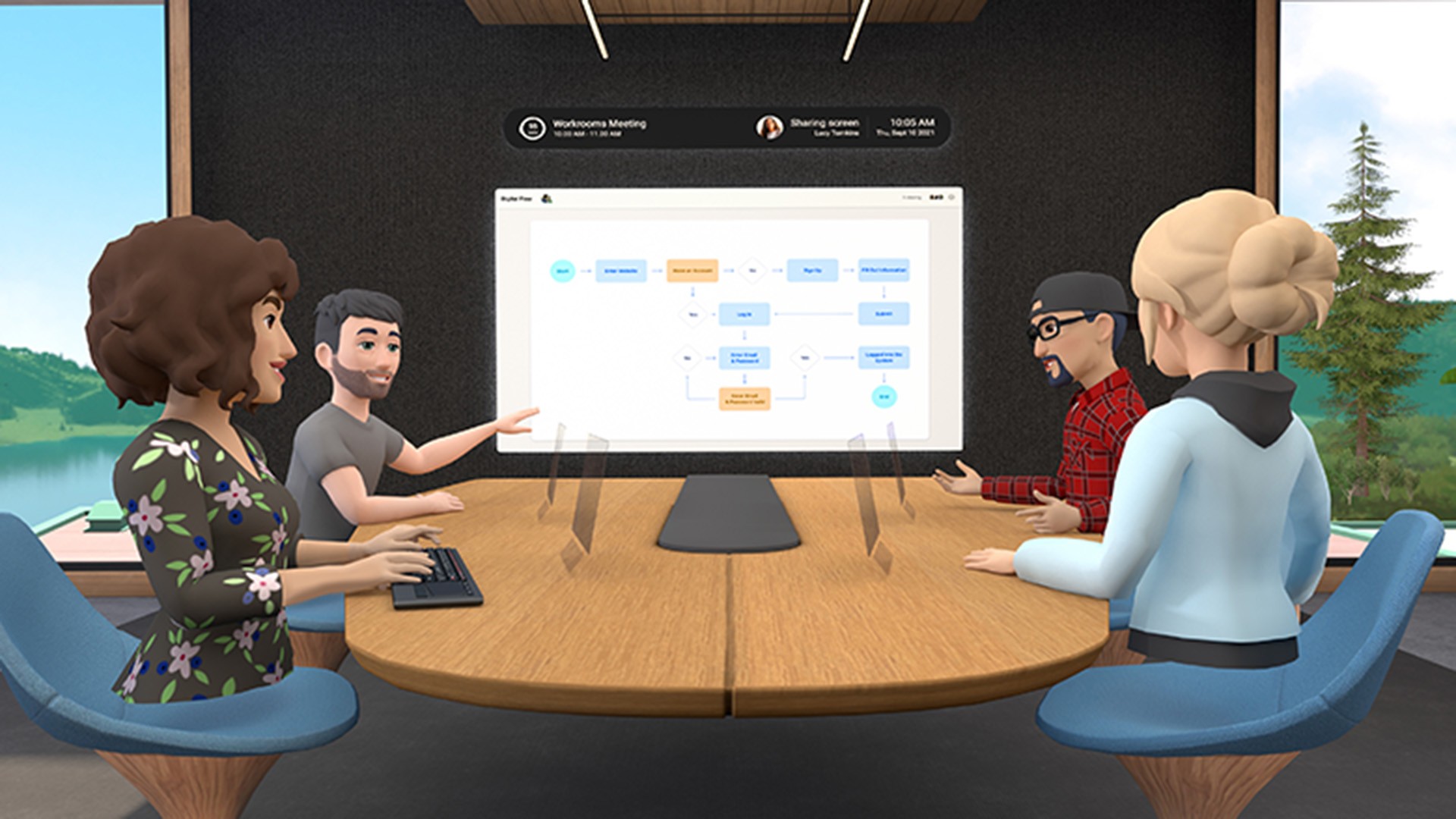Aug 11, 2023
In recent years, the concept of the metaverse has captured the imagination of many, offering a virtual realm where people can connect, create, and explore. As this exciting frontier continues to evolve, developers are seeking platforms to bring their metaverse visions to life. PlayCanvas, a powerful web-based game engine, has emerged as a popular choice for metaverse development. In this article, we will examine the pros and cons of metaverse development on PlayCanvas, exploring the potential benefits and challenges it presents.
Pros: Unlocking New Possibilities
One of the primary advantages of utilizing PlayCanvas for metaverse development is its accessibility. Unlike traditional game engines, PlayCanvas operates entirely in the browser, eliminating the need for users to download and install additional software. This web-based approach facilitates widespread adoption, allowing people to easily enter virtual worlds and experience metaverse environments without significant technical barriers.

PlayCanvas also provides an efficient development environment. Its intuitive interface, coupled with a vast library of pre-built assets and templates, allows developers to accelerate their workflow and bring their metaverse concepts to life swiftly.
Additionally, PlayCanvas supports real-time collaboration, enabling geographically dispersed teams to work together seamlessly. This fosters better collaboration, ensuring that the collective efforts of developers yield remarkable virtual experiences.
Metaverse Cons: Challenges to Address
While PlayCanvas offers a range of benefits, there are also important considerations and challenges to navigate. Firstly, the metaverse, regardless of the development platform used, raises concerns about the blurred boundaries between the real world and virtual spaces. As individuals spend increasing amounts of time in virtual environments, questions arise about the potential negative impact on physical well-being, real-life social connections, and the need for balance between the two realms.

Moreover, the rapid development of the metaverse demands careful attention to the use of data. As users engage in virtual experiences, their actions generate valuable information that can be used for targeted advertising, personalized experiences, and data-driven decision-making. While this can be a good thing when used responsibly, it also raises additional privacy concerns. Developers must prioritize data protection and transparency, ensuring that users' privacy rights are respected and their information is safeguarded.
Another challenge lies in the scalability and performance of PlayCanvas. While it excels in web-based environments, more demanding metaverse projects may require the capabilities of robust game engines like Unreal Engine.
Unreal Engine offers advanced features and optimization options, making it an attractive alternative for developers aiming to create large-scale, graphically intensive metaverse experiences. Careful consideration must be given to the specific requirements of each project to determine the most suitable development platform.
Looking Ahead: Metaverse's Impact and Opportunities
Despite the challenges, the metaverse has the potential to bring about a positive impact on various aspects of our lives. Virtual worlds can revolutionize online learning, enabling immersive educational experiences that transcend traditional boundaries. Imagine students exploring ancient Rome or conducting scientific experiments in virtual laboratories, enhancing their understanding and engagement.

Furthermore, the metaverse opens up new opportunities for remote work and collaboration. By creating virtual work environments, individuals from different locations can collaborate seamlessly, transcending the limitations of physical distance. This fosters creativity, expands talent pools, and promotes a global mindset in the workforce.
In conclusion, PlayCanvas offers an accessible and feature-rich platform for metaverse development. Its web-based nature, social media integration, and collaborative capabilities make it a compelling choice for bringing virtual worlds to life. However, developers must remain mindful of the challenges posed by the metaverse, including the balance between real and virtual worlds, responsible data use, and scalability requirements.




